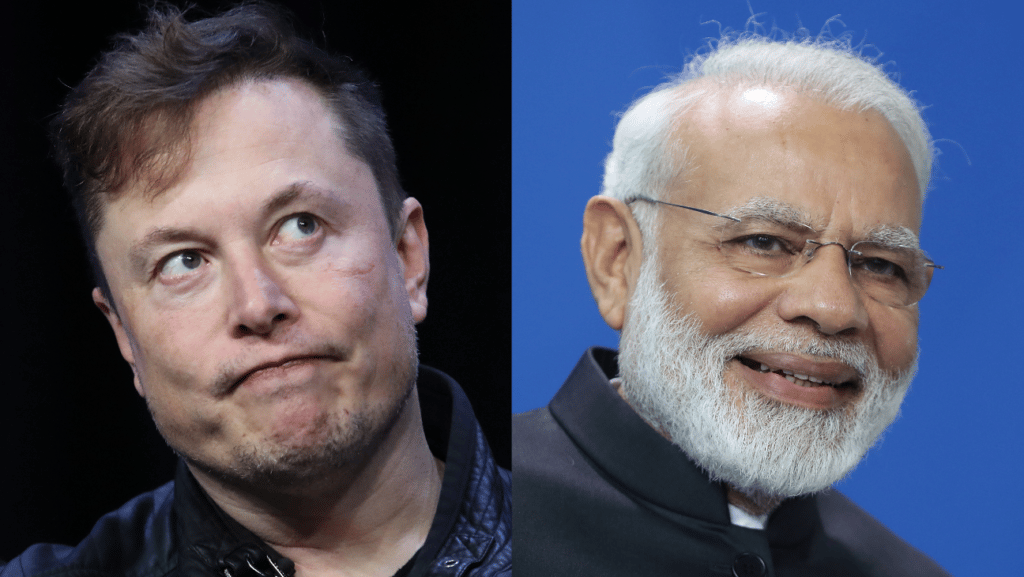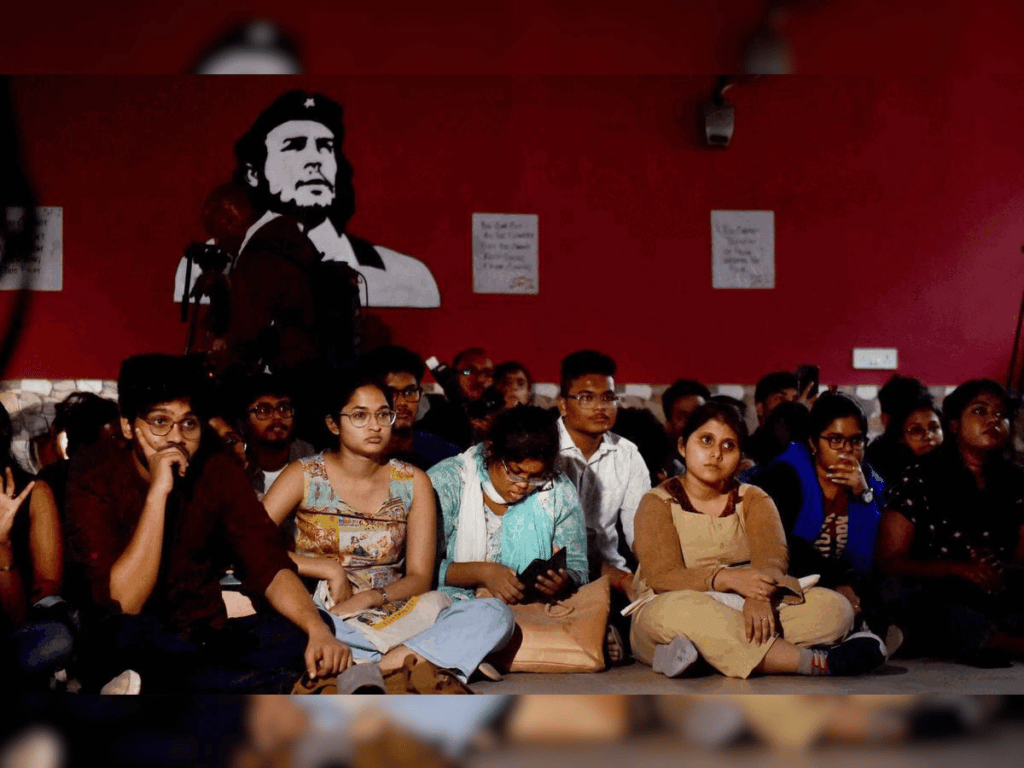
Elon Musk’s Twitter has complied with an Indian government request to delete all links to a BBC documentary critical of Indian Prime Minister Narendra Modi, according to journalists and free speech advocates in the country.
The first half of the two-part documentary India: The Modi Question aired on BBC Two on Jan. 17. The series investigates the “persistent allegations” against Modi of fanning the flames of Hindu nationalism and prejudice against India’s large Muslim minority. In particular, the doc explores his role in the 2002 riots in the western Indian state of Gujarat, where Modi was chief minister at the time, which left over 1,000 dead, the majority of them Muslims.
India’s Ministry of External Affairs spokesman Arindam Bagchi has called the documentary “a propaganda piece designed to push a particular discredited narrative.”
In response, the BBC shared statements on social media saying that the film was “rigorously researched according to the highest editorial standards.”
Although the doc has not been aired within India, Kanchan Gupta, a senior adviser in the Ministry of Information and Broadcasting, said Tuesday that Musk’s Twitter and Alphabet’s YouTube were ordered by the Indian government to block all links to the film within the country. He later said that both platforms “have complied with the directions.”
Actor John Cusack was among the many Twitter users censored for sharing links to the doc. The actor posted twice about the film — “Fascism watch this series,” he said — and both tweets were blocked by Twitter within India, although they are still visible outside the country.
YouTube, Twitter and Mark Zuckerberg’s Meta have received criticism before for bowing to Indian government censorship requests. During the height of the pandemic, scores of social media posts criticizing the government’s handling of a COVID-19 infection surge in India were removed by the social media giants, sparking public anger and widespread allegations of censorship. Twitter often stood its ground against the Modi government, however, claiming that it complied with just 20 percent of India’s takedown requests during a period prior to Elon Musk’s takeover of the company. In early 2021, India’s government even threatened that local Twitter employees could face jail time unless the service de-platformed some of Modi’s critics.
The most recent censorship action has become a lightening rod of criticism against Twitter, in particular, in light of Musk’s purported views as a “free speech absolutist” — his public rationale for why he acquired the platform.
Opposition party members of India’s Parliament have rallied against the censorship of the BBC investigation by continuing to tweet links to it.

“Sorry, Haven’t been elected to represent world’s largest democracy to accept censorship,” posted Mahua Moitra, a member of the All India Trinamool Congress party. “Here’s the link. Watch it while you can.”
YouTube, Twitter and Mark Zuckerberg’s Meta have received criticism before for bowing to Indian government censorship requests. During the height of the pandemic, scores of social media posts criticizing the government’s handling of a COVID-19 infection surge in India were removed by the social media giants, sparking public anger and widespread allegations of censorship. Twitter often stood its ground against the Modi government, however, claiming that it complied with just 20 percent of India’s takedown requests during a period prior to Elon Musk’s takeover of the company. In early 2021, India’s government even threatened that local Twitter employees could face jail time unless the service de-platformed some of Modi’s critics.

The most recent censorship action has become a lightening rod of criticism against Twitter, in particular, in light of Musk’s purported views as a “free speech absolutist” — his public rationale for why he acquired the platform.
Opposition party members of India’s Parliament have rallied against the censorship of the BBC investigation by continuing to tweet links to it.
“Sorry, Haven’t been elected to represent world’s largest democracy to accept censorship,” posted Mahua Moitra, a member of the All India Trinamool Congress party. “Here’s the link. Watch it while you can.”




